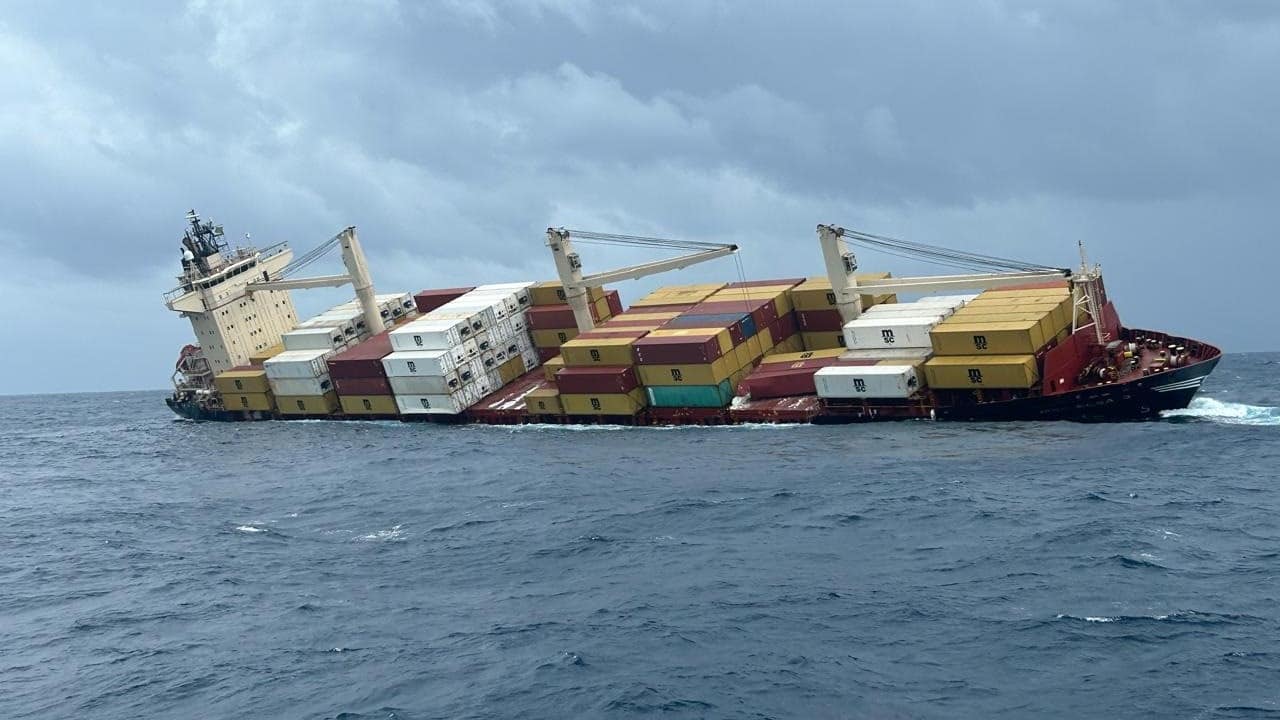Court Orders Arrest of Cargo Ship Over Environmental Damage

In a dramatic turn of events off the coast of Kerala, the Kerala High Court has ordered the conditional arrest of the cargo ship MSC Akiteta II. This decision, made on Monday, stems from the environmental and financial repercussions caused by its sister vessel, MSC Elsa III, which sank near Alappuzha in May. The Kerala government is seeking a staggering Rs 9,531 crore in compensation for the ecological damage resulting from the sinking.
Details of the Arrest and Environmental Impact
The MSC Akiteta II, owned by MSC Shipping Co, was detained at Vizhinjam Port to ensure that the owners address the financial and environmental fallout from the MSC Elsa III incident. The MSC Elsa III sank in the second week of May while carrying 643 cargo containers, leading to significant ecological harm. The Kerala Environment Department has reported an “enormous” impact on local ecosystems, prompting urgent action from state authorities.
Following the sinking, tiny plastic pellets, known as nurdles, were discovered on beaches in Thiruvananthapuram. Experts have warned that these pellets pose serious risks to marine life and coastal ecosystems, as well as potential health hazards for humans. In light of this environmental crisis, the Kerala government has taken legal steps to secure compensation from MSC Shipping Co.
In June, three cashew-importing companies filed claims in the Kerala High Court for losses incurred due to the shipwreck. This led to the temporary arrest of another sister vessel, MSC Manasa F, which was released after the owners deposited Rs 6 crore. The recent court order to detain the MSC Akiteta II aims to ensure that the shipping company takes responsibility for the damages caused by its vessels.
This incident highlights the legal framework in India that allows for the arrest of ships in cases of environmental and financial liability. The Admiralty (Jurisdiction and Settlement of Maritime Claims) Act, 2017, empowers courts to detain vessels owned by the same entity to secure claims arising from maritime incidents. This legal provision is crucial for holding shipping companies accountable for their actions, especially when significant ecological damage is involved.
